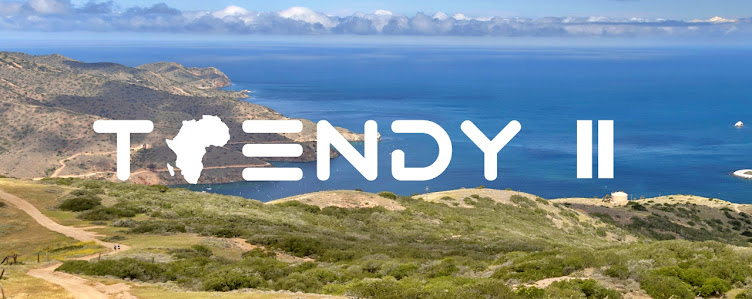The United Nations Economic Commission for Africa (ECA) and the Institute of International Finance (IIF) released the following statement after a virtual meeting of delegates representing African finance and development ministries, and the private creditor community to discuss the role of the private sector in supporting low-income countries through the COVID-19 crisis, and driving post-pandemic development.
“We all agree that access to private capital is essential to
economic growth and development, the post-COVID-19 recovery, as well as raising
living standards and creating greater prosperity across Africa. Given the
importance of private capital, and its growing role in Africa over the last
decade, it is crucial that countries with market access and the appropriate
macroeconomic framework continue to have the opportunity to this access as a
complement to concessional financing. A number of these countries have pursued
policies to increase investor confidence, attract investment, obtain greater
market access, and lower their cost of capital – these efforts must be
encouraged. Similarly, new initiatives to help further lower the cost of
capital must be encouraged and implemented swiftly - such as the creation of
repo markets for frontier issuances as part of the Liquidity and Sustainability
Facility. Where additional liquidity can be provided it must be the priority.”
Representing the private sector, the IIF has helped
coordinate the views of over 100 of the world’s foremost asset managers, banks,
and other financial institutions providing private finance to nations and companies
through Eurobonds, syndicated loans, trade finance and other credit structures
across the continent of Africa. These investors bring significant expertise and
experience in Africa and other emerging markets and represent total assets
under management in excess of $45 trillion.
Source: United Nations Economic Commission for Africa (ECA)


No comments:
Post a Comment